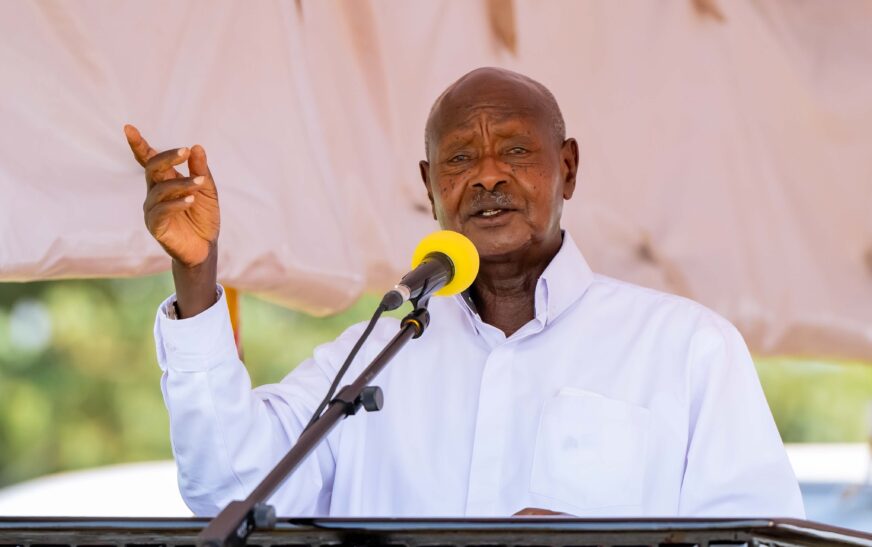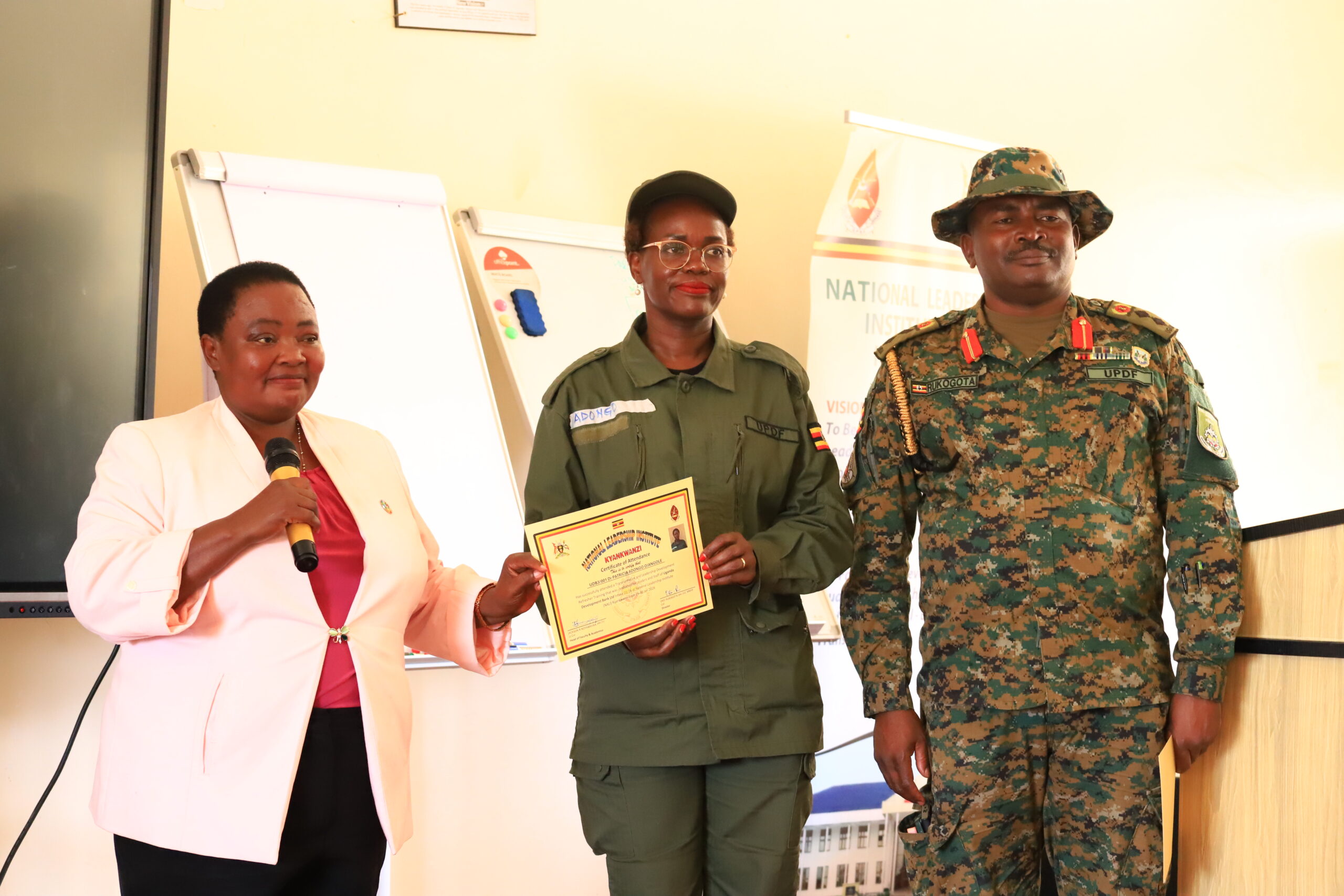President Yoweri Museveni has taken a neutral stance in the escalating conflict between Israel and Iran. Tensions sharply escalated on June 13, 2025, as both countries launched direct military strikes.
The confrontation began when Israel carried out airstrikes on Iran’s nuclear and military infrastructure, prompting Iran to retaliate with missile attacks targeting Israeli cities.
According to Iran’s Health Ministry, more than 220 people have died from the Israeli strikes. In response, Israeli authorities report that 24 of their citizens have been killed in the Iranian attacks.
“I saw a complaint from the Iranian Ambassador to Uganda, questioning why we have not commented on the tragic situation in the Middle East,” Museveni said earlier today. “It is true that we have not yet externalized our long-held views on this issue. We maintain good relations with both Israel and Iran, not to mention the United States and other countries around the world.”
He emphasized Uganda’s commitment to a foreign policy based on legitimate national interests.
“Uganda stands for the politics of interests—legitimate interests of all stakeholders,” Museveni said.
He also called for spiritual reflection and unity during this time of crisis.
“I would like to remind all of us that we are a prayerful people. Perhaps it’s time we come together to pray and consult the Creator who cares for all of us without preference,” he urged.
“May we have the humility to pray and ask for God’s wisdom, that we may do what is right in His eyes. Perhaps the time has come when only He has the power, the right, and the justice to determine the way forward.”
The Israel–Iran conflict is deeply rooted. Israel views Iran as an existential threat, frequently accusing it of seeking nuclear weapons for genocidal purposes. Iran, on the other hand, accuses Israel of committing genocide in Gaza. This mutual hostility has fueled Israel’s calls for international sanctions and pre-emptive strikes against Iran’s nuclear program.
Amid the latest crisis, the Ugandan government successfully evacuated 41 students from Iran. The evacuation involved a 917-kilometer journey from southern Tehran to Bazargan, followed by a 22-hour road trip from Gürbulak to Istanbul, coordinated by Uganda’s embassy.
This direct confrontation is part of a broader, long-standing proxy war between Iran and Israel, which has unfolded through regional alliances and indirect military engagements.
Iran has historically supported groups like Hezbollah in Lebanon and Palestinian factions such as Hamas and Islamic Jihad. Israel, meanwhile, has supported Iranian opposition groups like the People’s Mujahedin of Iran, carried out airstrikes on Iranian positions in Syria, and allegedly assassinated Iranian nuclear scientists.
While the two countries once shared diplomatic ties—especially during Imperial Iran under the “periphery doctrine,” which aligned non-Arab states against Arab powers—relations soured after the 1979 Islamic Revolution. Limited backchannel contact reportedly continued during the Iran–Iraq War, but since then, animosity has dominated the relationship.
Iran’s support for Hezbollah deepened after Israel’s 1982 invasion of Lebanon, with the group playing a major role in resisting Israeli occupation in southern Lebanon. Iran has also consistently backed Palestinian causes and sought broader alliances across the Sunni Arab world.
Israel has repeatedly engaged in military conflicts with Hezbollah and Palestinian militant groups, including major operations in Gaza (2008–09, 2012, 2014, 2021, and the ongoing conflict since 2023), as well as the 2006 war with Hezbollah in Lebanon.
Iran’s position on the Israeli–Palestinian conflict has fluctuated between advocating for one-state and two-state solutions. However, its leaders have often employed inflammatory rhetoric predicting Israel’s destruction. Analysts argue that Iran’s support for Palestinian groups stems from both ideological commitment and a strategic aim to expand regional influence.





















